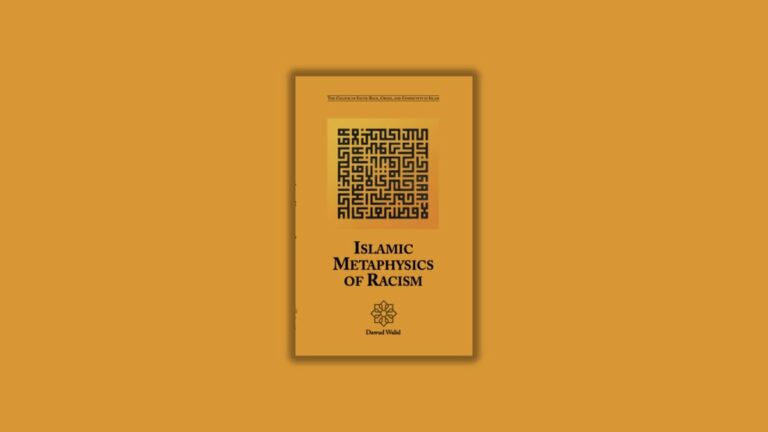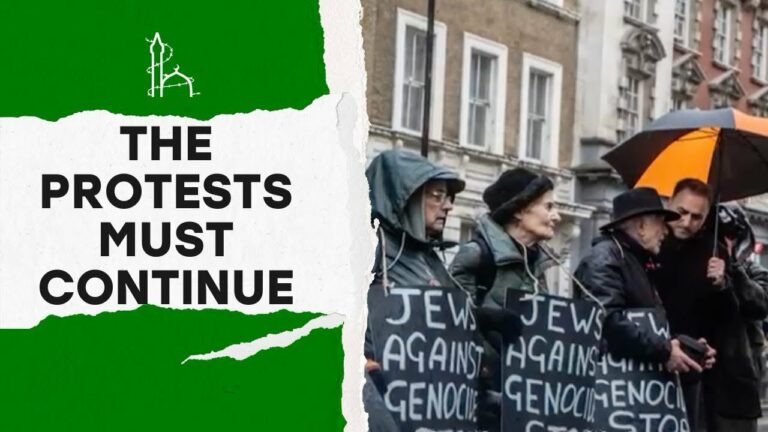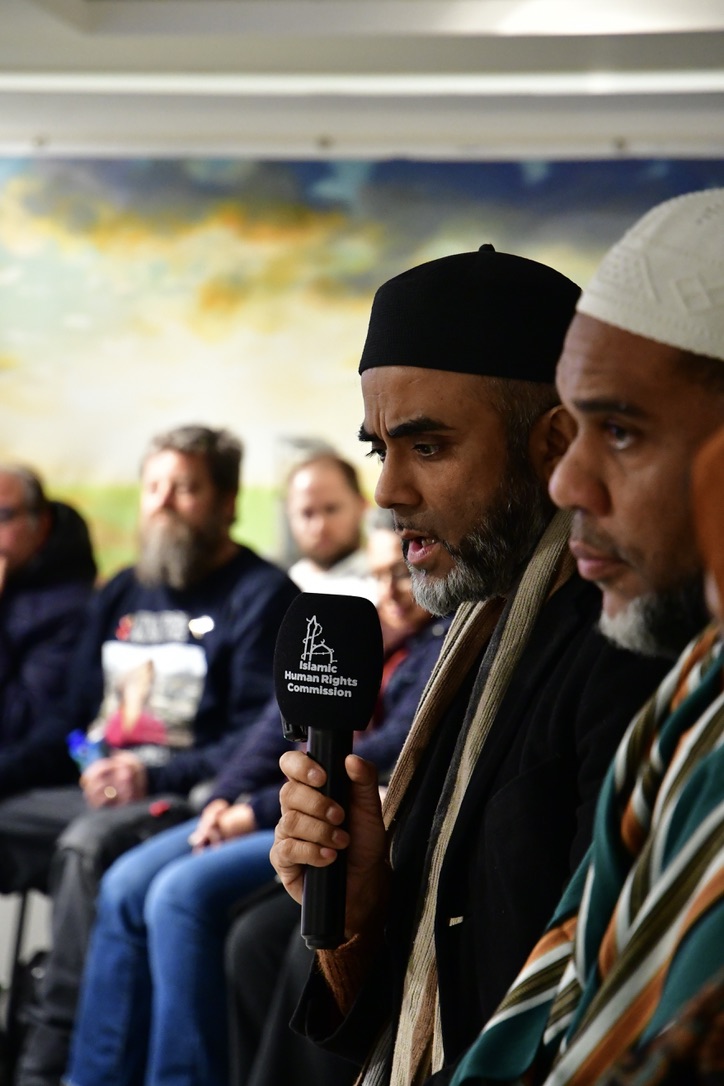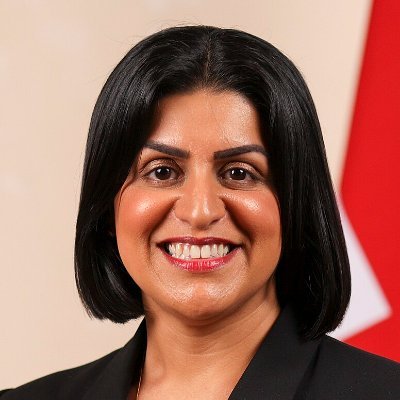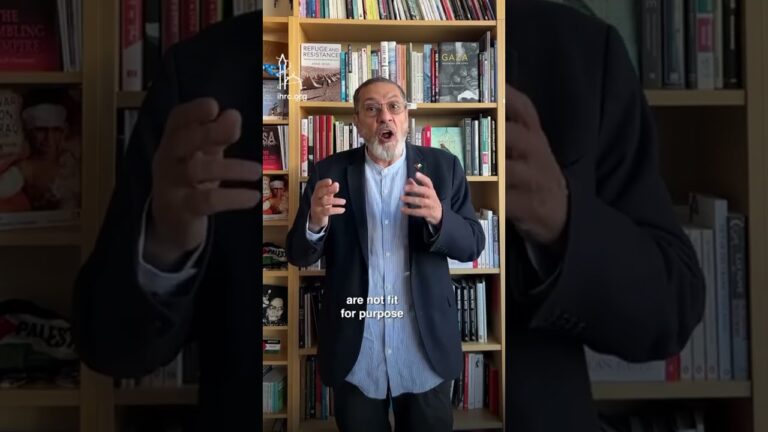—————————————————–
Islamic Human Rights Commission
—————————————————–
4th August 2004
BRIEFING: AUSTRALIA – DEEP CONCERNS OVER GOVERNMENT WHITE PAPER ON COUNTER-TERRORISM POLICY
CONTENTS
A. Introduction
B. Electioneering on fear
C. Erosion of civil liberties
D. Targeting Muslim communities
E. Failure to understand causes of terrorism
A. Introduction
On 29 March 2004 Australian prime minister John Howard announced plans to prepare a white paper on terrorism. ‘Transnational Terrorism: the threat to Australia’ was launched publicly by minister for foreign affairs Alexander Downer on 15 July. The paper can be found at http://www.dfat.gov.au/publications/terrorism/index.html, Downer’s speech at http://www.foreignminister.gov.au/speeches/2004/040715_tt.html.
In the paper, the Howard administration claims that it is committed to ‘building bridges of understanding’ with ‘mainstream Islamic organizations’ in an aim to ‘prevent the growth of mistrust based on misunderstanding and on propaganda’. (1)
However, IHRC – like many others – doubts the sincerity of the government in actually tackling terrorism (B). Already the white paper has come under severe criticism from Kevin Rudd, shadow minister for foreign affairs and international security, who points out that it has several ‘gaping holes’ (2) and who has called it ‘a triumph of appearance over substance’. (3)
IHRC is concerned about the tone of the white paper: the likely erosion of civil liberties which would result from the implementation of its proposals (C); its stigmatisation of the Muslim community in Australia (D); and its misconceived approach with regard to the causes of terrorism (E).
B. Accusations of electioneering on fear
The white paper must be viewed with great scepticism, given both its timing (i) and its language (ii):
(i) Howard’s initial announcement to prepare a white paper on terrorism had come only three months before federal elections in Australia. Such political opportunism had been roundly criticised. As put by the shadow minister for foreign affairs and international security:
‘The Prime minister, two and a half years after September 11, eighteen months after Bali, tells the Australian people in the lead-up to a federal election that he’s now going to bring about a white paper on international terrorism’. (4)
Meanwhile, Labour’s homeland security spokesman, Robert McClelland, views it as ‘a deflector to cover up the Government’s inaction in crucial areas, port security and border security.’ (5)
(ii) Howard has been faced with accusations of scaremongering in the Australian press. The Greens for their part have dubbed the paper ‘Terror Australis’. Perhaps such claims that the paper is alarmist are understandable when it is said, for example, that terrorists ‘wage a version of total war and they want to destroy us’ (6); or that ‘every Australian citizen is going to have to come to terms with the fact that we are at war’. (7) Aldo Borgu, terrorism expert and military analyst for the Australian Strategic Policy Institute, said that reading the white paper was about ‘separating the propaganda from the policy’. (8)
Turning a question as explosive as counter-terrorism policy into an electoral campaign issue could be viewed as an irresponsible strategy for a party in government. It tends to create and exploit a heightened sense of fear in the community whilst leaving vulnerable to a renewed backlash those minority communities commonly stereotyped as being linked to terrorism. It is unfortunate that the sensitivity of the true problem has not been considered.
C. Erosion of civil liberties
The white paper also makes several proposals which seem worrying from a civil liberties perspective, at the level of the creation of new offences (i) and also as regards the exercise of police powers (ii):
(i) Already new laws in Australia have made it a crime to ‘commit, train or prepare for a terrorist act’ and ‘to be a member of, support or finance a terrorist organization’. (9) Already a list of seventeen proscribed organizations and over 500 individuals and entities has been drawn up for the purposes of asset freezing. The white paper goes further still. For example, Senator Greig has pointed out that a planned law to stop anyone who trained with a terrorist group from profiting from the publication of books about their experiences could be used to stop Nelson Mandela benefiting from sales of his autobiography. He said the law could also apply to East Timorese President Xanana Gusmao. (10) Such use of the criminal law could be seen as excessive. It echoes the wide legal definitions and the incrimination-by-association typical of the Patriot Act (USA), the Terrorism Act and the Anti-Terrorism Crime and Security Act (UK).
IHRC also notes that the white paper proposes ‘better border protection’. (11) It is unclear what this actually entails but we can only hope that there will be no discriminatory measures which apply uniquely to non-nationals as has been the case in the UK with the Anti-Terrorism Crime and Security Act (indefinite detention without trial or charge).
(ii) The problem arising from the formulation of new offences is further compounded by the potential abuse to which new discretionary police powers would be open. A prerequisite to the proper and measured exercise of these powers is good quality intelligence. Australian politicians, however, are deeply critical of the white paper’s failure to address this issue. The shadow minister for foreign affairs and international security has spoken out:
‘Over the last three years we’ve seen intelligence failure on Iraq, Bali…. But there is no systematic recognition of the depths of this problem nor any systematic attempt to respond to it.’ (12)
Experience in the UK has shown that police forces faced with a lack of reliable intelligence have overcome this problem by employing crude techniques such as racial profiling. The ensuing result is a disproportionately high number of arrests compared to convictions under the terrorism legislation (2.5 per cent of people arrested have been convicted under UK terrorism legislation). We can only hope that Australian police forces will not mimic the excess of zeal shown by their British counterparts and that poor intelligence does not lead them to adopt similar ‘hit and miss’ ‘trial and error’ strategies in the use of their arrest powers.
D. Targeting Muslim communities
It is unfortunate, but probable, that it will be the Muslim community who will be most affected by the white paper. From the very outset, it is the ‘Muslim extremist cause’ which is singled out exclusively as the sole problem to be tackled, even though the existence of other forms of terrorism is expressly acknowledged by the paper. (13) It is worrying that this approach ignores the possibility of terrorism committed by non-Muslims. It is also of concern that it uses Muslims as a definitional element at the very core of the terrorist threat to the nation. IHRC has deep reservations as to the implications which flow from this. First, such an overt statement of public policy is not helpful. It can only expose further an already vulnerable Muslim community in Australia. It opens the door for its stigmatisation by the press and extreme right wing groups. Secondly, it is more than likely that Muslims, or those perceived to be Muslims, will be disproportionately targeted in the implementation of what is an inherently selective and discriminatory counter-terrorism policy.
Readers of the white paper will also be averse to the risk of targeting non-violent, mainstream Muslims, despite reassurances to the contrary. First, there should be concern over the discretion inherent in deciding who or what should be identified with the ‘Muslim extremist cause’. Next, the ‘battle of ideas’ declared by the paper seems an unwelcome interference with religious education and free debate in Muslim communities both in Australia and the South Pacific region. (14) Downer himself has admitted that Australia is giving aid to Indonesia\’s Education Department and the Department of Religious Affairs in order to influence its Muslim boarding schools. He openly acknowledges that there is a risk this might lead ‘Indonesians to think that we, the so-called West or the aid donor community, are ganging up on the Indonesians to try to re-direct their education system’. (15) State intrusion into religious matters jeopardises delicate relations with minority communities.
E. Failure to understand real causes of terrorism
What has been received as the most controversial aspect of the white paper is Downer’s take on the causes of terrorism. He is convinced that any battle against terrorism is a ‘battle of ideas’: terrorists target the ‘values and social fabric’ of Australian society. (16) They are all religious zealots who fight an ideological war. They dream of establishing closed theocracies inspired by there own particular ‘world-view’. (17) To this end, Downer dismisses as illusory the notion of ‘root causes’ of terrorism. ‘Poverty, disadvantage or hopelessly entrenched political impasse’ have nothing to do with terrorism: they are ‘all of them in any case long-running and endemic features of life throughout the Middle-East’. (18)
It could be argued that such a view fails to consider the reality of the problem. For the shadow minister for foreign affairs and international security this is a ‘dereliction of responsibility’ on Downer’s part. (19) Meanwhile, David Wright-Neville, a senior lecturer in politics at Monash University, has criticised Downer’s view as ‘bordering on the ignorant’. (20) He adds:
‘To say they [poverty and disadvantage] play no causal role in fostering some elements of terrorism would suggest that the Foreign Minister – more than two years after September 11 – still is incapable of understanding the complexity of the issues.’ (21)
The white paper does not feel it necessary to evaluate the ramifications of current Australian foreign policy. Significantly, the Howard government has consistently refused to issue any apology over its involvment in Iraq despite clear findings in the USA and the UK of intelligence failures. Downer has personally accused the Philippines of acting ‘like a marshmallow’ and Spain of having ‘given into militants’ when they withdrew their troops from Iraq. (22) Australia was also one of the few states which recently joined the USA in opposing a UN General Assembly resolution demanding that Israel comply with the World Court ruling on the illegality of its barrier in the West Bank.
The white paper sees no need for the adoption of a more cautious approach to its foreign policy. The government is proud of its ‘bilateral counter-terrorism relationship’ (23) with the USA which will remain a ‘key plank of our international counter-terrorism strategy’. (24) Australia regards the USA as ‘the global leader in the fight against international terrorism’ and firmly believes that ‘it is in Australia’s national interest to remain engaged in supporting international efforts’ such as those in Afghanistan and Iraq. (25) Close support for the Bush administration as it pursues its policy of ‘regime change’ is one factor which has been left out of the equation by the authors of the paper. It seems unfortunate then that, after having produced a 110-page white paper on ‘Transnational Terrorism’, the Howard administration has failed to understand the true dimensions of the very problem it is proposing to tackle.
Notes:
- ‘Transnational Terrorism: the threat to Australia’, p 104
- ‘Mr Downer’s White Paper Doesn’t Offer A Single New Substantial Anti-terrorism Initiative’, media statement, Kevin Rudd, shadow minister for foreign affairs and international security, 15 July 2004
- as above
- ‘TERROR Howard accused of fear-mongering’, The Age, Brendan Nicholson March 30, 2004
- see above
- Launch Speech by Alexander Downer at National Press Club, Canberra, 15 July 2004
- see note 6.
- ‘Downer dismisses terrorism causes’, The Sunday Morning Herald, Cynthia Banham, Tom Allard, and Ellen Connolly, July 16, 2004
- ‘Transnational Terrorism: the threat to Australia’, p 100
- See note 4.
- ‘Transnational Terrorism: the threat to Australia’, p 101
- see note (2)
- ‘Transnational Terrorism: the threat to Australia’, Foreward, v
- ‘Transnational Terrorism: the threat to Australia’, p 16
- ‘War on terror could cost billions: Downer’, ABC newsonline, July 15 2004
- ‘Transnational Terrorism: the threat to Australia’, Overview, xi
- ‘Transnational Terrorism: the threat to Australia’, Overview, x
- see note 6.
- see note 2.
- see note 8.
- as above
- ‘Philippines protests against Australia\’s criticism’, China View, July 28
- ‘Transnational Terrorism: the threat to Australia’, p 96
- ‘Transnational Terrorism: the threat to Australia’, p 78
- Transnational Terrorism: the threat to Australia’, p 81
————————————————–
Islamic Human Rights Commission
PO Box 598
Wembley
HA9 7XH
United Kingdom
Telephone (+44) 20 8904 4222
Fax (+44) 20 8904 5183
Email: info@ihrc.org
Web: www.ihrc.org.uk

